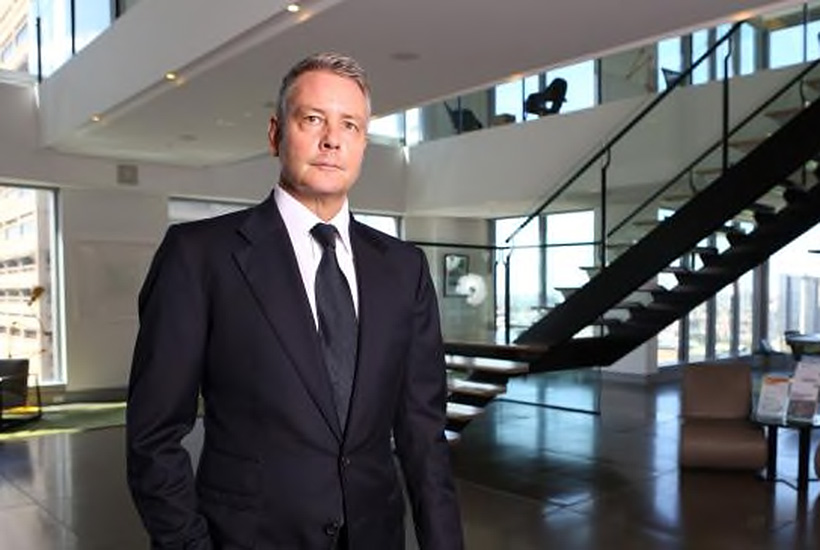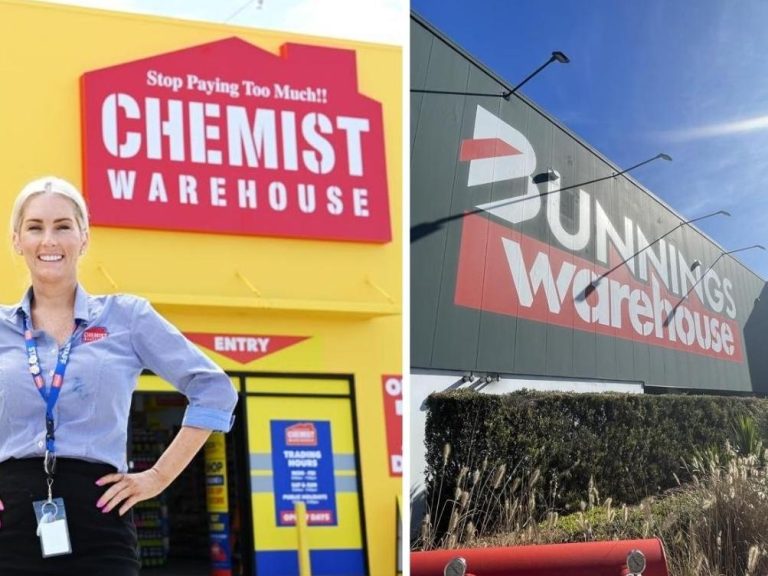Property chiefs’ huge salaries revealed

Property chiefs have emerged as some of the highest paid executives in the country as their pay packets swell on the back of their companies morphing into fund managers, with sector leader Greg Goodman heading the field on a $12.8 million package.
The New Zealand-born chief executive has guided the logistics property powerhouse as it heads towards becoming a $50 billion global enterprise and he has been rewarded with long-term incentives linked to the group’s rocketing share price that bumped up his pay to levels seen in top corporations.
Goodman Group, whose performance has been featured in the Harvard Business Review and won plaudits from fund managers after coming back from a near-death experience in the global financial crisis, has drawn stiff opposition from proxy houses worried about the escalating payments to senior executives.
Commercial Insights: Subscribe to receive the latest news and updates
It has defended its long-term incentive schemes in its annual reports, drawing comparisons with global rivals as the vast majority of its earnings are now from offshore.
Goodman chairman Ian Ferrier has also sought to take on shareholder activists arguing that it is essential to keep the tycoon, whose wealth now tops $2.3bn, aligned to the listed group’s fortunes.
The payments to Goodman outstripped rival property-cum-funds house Charter Hall where boss David Harrison received about $4.489 million, up from about $3.671 million a year earlier.
The performance of both groups has been supercharged as they have focused on building up funds empires using a mix of development and capital-raising smarts, making them less comparable to traditional rent-collecting listed landlords.
Other property chiefs also benefited from the strong run in office and logistics markets with Mirvac’s Susan Lloyd-Hurwitz earning about $7.035 million and Dexus boss Darren Steinberg receiving about $6.147 million.
Some property heads have taken cuts as their companies have underperformed, with Lendlease chief Steve McCann’s pay trimmed from $6.37m to $5.463m as he did not take short-term incentives after heavy write-offs on the company’s engineering unit.
Stockland head Mark Steinert also had a slip in pay from $4.543 million to $4.218 million as the company was hit last year by slowing residential sales and tough times in its malls.
But Scentre, owner of the local Westfield centres, boosted payments to chief Peter Allen to $9.172 million in 2018, up from $8.904 million in 2017. It reports on the calendar year, as does GPT, where boss Bob Johnston’s pay nudged up from about $4.502 million in 2017 to about $4.678 million in 2018.
In the Australian Council of Superannuation Investors’ annual survey of chief executive pay last month Goodman featured in the top 10 for his pay packet in fiscal 2018, when he reaped a reported package of about $10.72 million.
While below the likes of Qantas head Alan Joyce and Macquarie’s departing Nicholas Moore, who received packages of more than $20 million, the industrial property guru was paid about the same as NextDC entrepreneur Craig Scroggie and Seek boss Andrew Bassat, who came in above $10 million.
The report noted Goodman’s realised pay was driven almost entirely by the vesting of large long-term incentive allocations from prior years and his cash pay at just $1.46m.
ACSI noted that no big four bank chief made the top 10 last year, with the industry rocked by scandals uncovered in the royal commission and subsequent restructuring.
Only three big four chiefs were eligible in ACSI’s survey: Westpac’s Brian Hartzer, NAB’s Andrew Thorburn and ANZ’s Shayne Elliott, with Matt Comyn heading CBA for only three months of fiscal 2018.
The highest ranked of these three on a realised pay basis was Thorburn at 26th as he reaped about $6.2 million due to the vesting of long-term incentives. The lowest of the three was about $3.9 million for Mr Elliott.
The rise of industrial property funds appears to be locked in for the remainder of this property cycle. By contrast the pay packets of mall owners could come under pressure as investors demand they turn these assets around.
Supporters of the funds manager model defended the rock-star packages, arguing that the companies were far more complex as they sought to meet the demands of last mile logistics and ever more complex supply chains. Goodman Group has also bettered many of the world’s largest property company’s in their own markets.
Goodman’s base salary was just $1.385m and about $11.3m was derived last year from long-term performance-based remuneration on the back of a 223.4 per cent leap in the group’s shares over the prior five years. While pressure is building in some quarters for reform, his pay packet remains firmly tied to the success of the listed company.
This article originally appeared on www.theaustralian.com.au/property.







